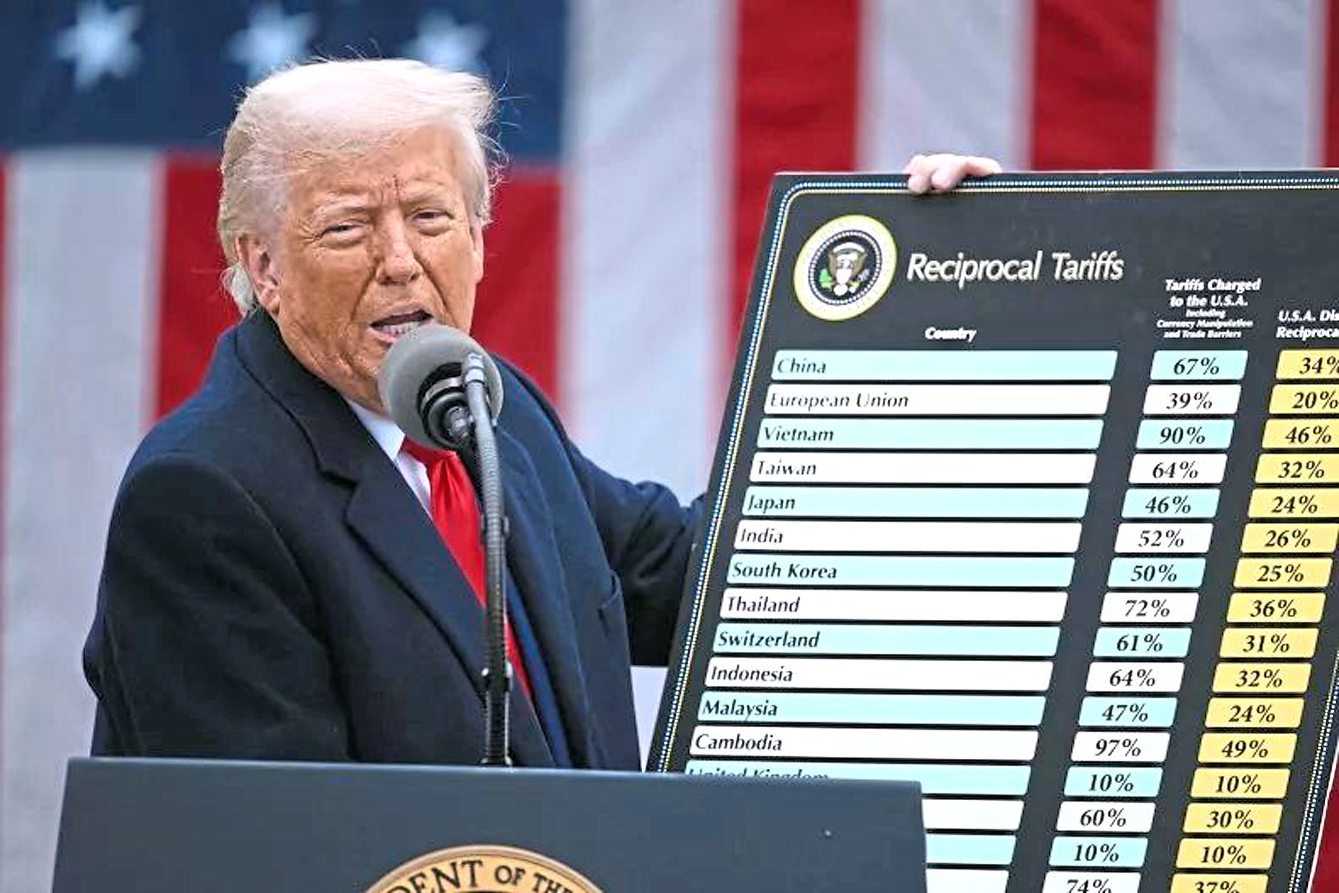Trump.
WASHINGTON: US President Donald Trump floated the idea of keeping 25% tariffs on Japan's cars as talks between the two nations continued with little more than a week to go before a slew of higher duties are set to kick in if a trade deal isn't reached."So we give Japan no cars. They won't take our cars, right? And yet we take millions and millions of their cars into the United States. It's not fair," Trump said during a Fox News interview that aired Sunday.
"Now, we have oil. They could take a lot of oil. They could take a lot of other things," he said, referring to ways Japan might reduce the US trade deficit.
The comments show that the two sides still remain some distance from an agreement and highlight the risk that Trump may stick with the 25% tariff on autos.
The interview came out after another round of talks between Tokyo's top trade negotiator, Ryosei Akazawa, and Commerce Secretary Howard Lutnick. Akazawa flew across the world to hold face-to-face talks in Washington, and while they initially met in person, two subsequent discussions took place on the phone.
Following the airing of Trump's interview, which was taped Friday, Akazawa took to social media to reiterate that the bilateral talks are ongoing.
"Japan-US negotiations are at a critical stage, and we will continue to engage in sincere and earnest discussions," he said in a post on X.
Both sides agreed to continue talks this week after the Trump interview took place on Friday, he added.
Auto-related stocks on the Topix were down around 0.4% in Tokyo, early Monday afternoon, compared with a 0.8% gain in the overall index.
The duty on the car sector has emerged as one of the key sticking points in the talks. Washington is focusing on its large deficit in the sector while Tokyo is trying to protect a key pillar of its economy.
In 2024, Japan's trade surplus with the US stood at ¥8.6 trillion (US$59.3bil/RM248.3bil).
Roughly 82% of the gap was due to Japan's surplus in cars and auto parts.
US statistics show that the deficit with Japan is the seventh largest among Washington's individual trading partners.
Akazawa has repeatedly said that the US's car tariffs are unacceptable, saying that Japan's auto industry has made an enormous contribution to the US economy through the investment of more than US$60bil (RM251bil) and the creation of 2.3 million local jobs.
Japan has insisted on keeping the sectoral tariffs on cars and other items included in the talks on the wider country-specific levies that are due to go up on July 9.
Akazawa has said he will keep the deadline in mind but won't fixate on it as Tokyo aims to settle all trade disputes with a package that addresses the sectoral tariffs, too.
Statements released by the Japanese government over the weekend said Akazawa and Lutnick had "fruitful" discussions and agreed to continue seeking a deal that is beneficial for both the US and Japan. The statements did not touch on what was discussed or what progress was made.
The 25% US tariff is already in place on cars and auto parts, along with a 50% duty on steel and aluminum.
The separate across-the-board tariffs, now at 10%, will jump to 24% if no deal is reached in time. Without a breakthrough in the negotiations, Japan's economy could be pushed into a technical recession after it shrank in the first quarter.
Trump's statements in the interview gave no impression that Japan was any closer to reaching a deal or winning an extended reprieve on the reciprocal tariffs. Instead,
Trump flagged that the US can set its trade terms with Japan unilaterally.
"I'm going to send letters," Trump said in the interview, referring to a plan to inform some trading partners that the US will unilaterally set tariffs.
"I could send one to Japan. 'Dear Mr Japan, here's the story. You're going to pay a 25% tariff on your cars.'"












